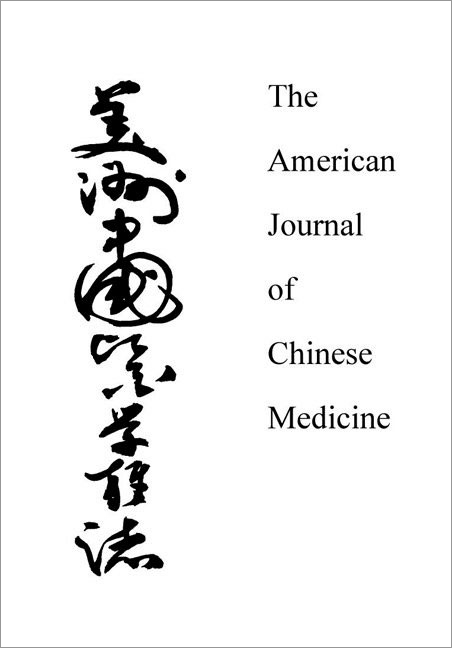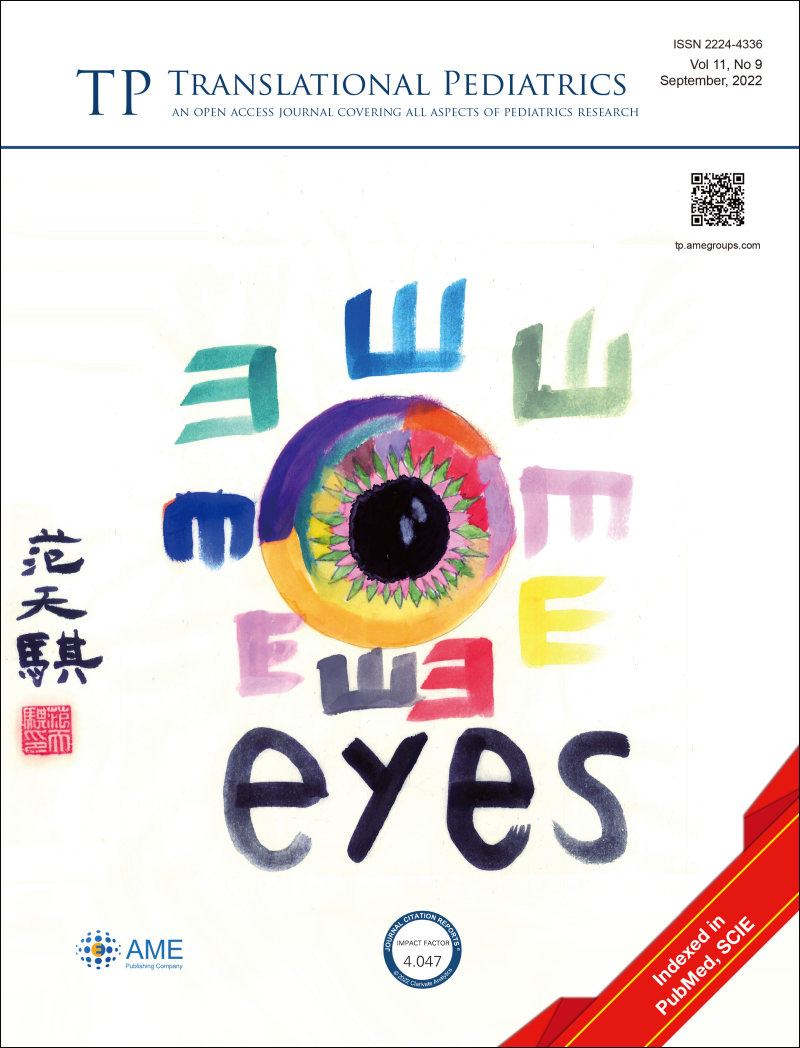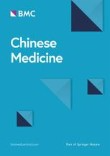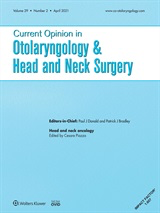
Acupuncture for Hay Fever (Allergic Rhinitis).
Allergic rhinitis, more commonly known as hay fever, is an allergic, inflammatory condition of the nasal mucous membranes in response to exposure to indoor and outdoor allergens such as pollen in springtime.
Hay fever symptoms vary in severity and can even persist all year round for some people. It is recommended to seek professional advice and treatment when hay fever affects your performance at work or school or starts interfering with your quality of life.
What is our clinical experience?
Based on feedback collected from over 1,084 initial appointments for Respiratory, Sinus, Allergy & Immunity, 84% of our patients reported improved quality of life after their first 4 appointments. See our detailed benchmarking statistics.
Initial
Consults
1,084
Average
Appointments
4
Improved
Quality of Life
84%
Refer Family &
Friends
90%
What does the research say?
The following insights are obtained from systematic reviews and analysis of clinical trials investigating the efficacy of Chinese medicine and acupuncture for hay fever (allergic rhinitis).
2022 The American Journal of Chinese Medicine
Acupuncture is a safe and effective treatment for Seasonal Allergic Rhinitis, significantly improving symptoms without needing relief medication or causing side effects.
The study was a two-phase, single-blind, crossover clinical trial where randomly assigned subjects, split into two groups, were treated with either real or sham acupuncture. All participants received treatment thrice a week for four weeks straight before being flipped onto the other form of treatment for another four uninterrupted weeks without a washout period. The real acupuncture treatment plan was guided by Chinese Medicine Theory. The subjects' responses were measured at various stages - before, during, and after the trials.
In the study, significant improvement was marked in the subjective symptom scores, both nasal and non-nasal, between the group that received the genuine acupuncture and the sham treatment. It was noteworthy, however, that no marked differences were found in the relief medication scores between the two groups. There were also no recorded side effects from either the real or sham acupuncture groups. This suggests that acupuncture proves to be a safe and effective alternative for managing Seasonal Allergic Rhinitis.
Effect of Acupuncture in the Treatment of Seasonal Allergic Rhinitis: A Randomized Controlled Clinical Trial Xue CC, English R, Zhang JJ, Da Costa C, Li CG
2021 Translational Pediatrics
Allergic rhinitis in children, according to traditional Chinese medicine, is interrelated with the functionality of lungs, spleen, and kidney and can be treated with combined Western and Chinese herbal medicines.
The methodology of this study was based on a review of both traditional Chinese and Western medical theories and practices. Chinese theory postulates that BiQiu, or allergic rhinitis in children, is primarily related to a congenital deficiency in vital qi, dysfunction of the lungs inhibiting nose orifices, and a deficiency of spleen and kidney leading to lung qi deficiency. The review looked into herbal monomers and compounds of Chinese herbal medicines as potential treatments for allergic rhinitis, while also considering the impact of external factors like the cold and inadequate diet.
The review highlighted some of the effects and shortcomings of Chinese herbal medicines used alongside Western medicines for treating allergic rhinitis. Particularly, it focussed on how the unique perceptions of life science of the human body from both Eastern and Western cultures can be brought together for a comprehensive method of treatment. The study also outlined future trends of research to enhance this combined treatment approach.
Current status of Chinese herbal medicine to treat allergic rhinitis in children: from the perspective of Western medicine—a narrative review Liang J, Gu Q
2021 Medicine
The use of Yu Ping Feng San for pediatric allergic rhinitis appears relatively safe compared to Western medical therapy yet its routine use remains unsupported.
The study undertakes a systematic search across multiple databases, including PubMed, the Excerpta Medical Database, Cochrane library and more, for randomized controlled trials (RCTs) concerning the use of YPFS for pediatric allergic rhinitis. Extracted results were subjected to stringent bias-risk analysis based on the Cochrane Handbook. A meta-analysis was then implemented using RevMan 5.3 software, and the Grading of Recommendations Assessment, Development and Evaluation methodology was applied to check the quality of evidence for every outcome.
The study pooled 10 RCTs covering 1,069 participants aged between 3-15 years for initial inclusion. After certain exclusions, it was determined from the remaining eight RCTs that the overall efficacy did not show any notable advantage for the test group. In addition, inspections into variation of serum immunoglobulin levels showed no statistical significance. However, the safety of YPFS displayed better results, demonstrating a relatively safer approach with lower recurrence rates compared to Western medical therapy.
Yu ping feng san for pediatric allergic rhinitis Liao Y, Zhong J, Liu S, Dai M, Liu Y, Li X, Yang Y, Zhang D, Lai D, Lu T, Zhang Q, Zhao Y
2020 Chinese Medicine
Our findings revealed that all acupuncture methods are effective and safe for allergic rhinitis. Acupuncture plus conventional medicine are potentially the most effective treatment strategies for allergic rhinitis.
Our findings revealed that all acupuncture methods are effective and safe for allergic rhinitis. Moreover, either moxibustion or manual acupuncture plus conventional medicine are potentially the most effective treatment strategies for allergic rhinitis. Based on these findings, it is evident that acupuncture therapy is not inferior to pharmacologic therapy. Therefore, for allergic rhinitis patients who are either unresponsive to conventional medicine or are intolerant to adverse events, acupuncture therapy should be administered. However, the quality of these included trials was mainly ranked as moderate quality, we recommend additional well-designed RCTs with larger sample sizes to validate these findings.
Acupuncture methods for allergic rhinitis: a systematic review and bayesian meta-analysis of randomized controlled trials. Yin, Z., Geng, G., Xu, G. et al.
2018 Acupuncture in Medicine
Acupuncture appeared to significantly reduce the number of days of antihistamine use while improving rhinitis-specific quality of life and seasonal allergic rhinitis symptoms
The data from 414 patients were analysed. The acupuncture group used antihistamines significantly less often compared with the other groups (acupuncture vs sham acupuncture: mean difference −4.49 days, p=0.01; acupuncture vs RM: mean difference −9.15 days, p<0.001). Approximately 38% of the acupuncture group did not use any antihistamine in contrast to only 16% in the RM group. The pre-post comparison suggested that the acupuncture patients did not need to increase the days of antihistamine use to alleviate their symptoms, unlike the other groups.
Acupuncture appeared to significantly reduce the number of days of antihistamine use while improving RQoL and SAR symptoms; it can therefore be considered a valuable, additional treatment option for patients with SAR.
Impact of acupuncture on antihistamine use in patients suffering seasonal allergic rhinitis: secondary analysis of results from a randomised controlled trial Adam D, Grabenhenrich L, Ortiz M, Binting S, Reinhold T, Brinkhaus B
2017 BMC Complementary Medicine and Therapies
Yu Ping Feng San, a Chinese herbal medicine, combined with pharmacotherapy could be effective for treating allergic rhinitis in adults.
The paper evaluates Chinese herbal medicine, YPFS, for treating allergic rhinitis in adults by conducting a meta-analysis and subgroup meta-analyses of several randomized controlled trials (RCTs). Seven databases were searched from their inceptions to September 2017 where RCTs evaluating YPFS for adult allergic rhinitis were included. The Cochrane risk of bias tool was used to assess the methodological quality of these studies and meta-analysis and subgroup meta-analyses were conducted to evaluate the effectiveness of YPFS.
Based on the results, YPFS when used in combination with pharmacotherapy seemed to be more effective than using pharmacotherapy alone for treating allergic rhinitis. The paper highlighted an alleviation of four individual nasal symptom scores post YPFS combination treatment; these being itchy nose, sneezing, blocked nose, and runny nose. Furthermore, it was found that the YPFS combination treatment was more beneficial when it was used for more than three weeks. The paper also mentions that YPFS was safe and well-tolerated for treating adult allergic rhinitis. However, it did not seem to be superior to the second-generation antihistamine.
Potential effectiveness of Chinese herbal medicine Yu ping feng san for adult allergic rhinitis: a systematic review and meta-analysis of randomized controlled trials Luo Q, Zhang CS, Yang L, Zhang AL, Guo X, Xue CC, Lu C
2015 Current Opinion in Otolaryngology & Head and Neck Surgery
There are high-quality randomized controlled trials that demonstrate efficacy and effectiveness for acupuncture in the treatment of both seasonal and perennial allergic rhinitis.
Our review of the medical literature from January 2013 through December 2014 revealed that there is research demonstrating efficacy and effectiveness for acupuncture in the treatment of allergic rhinitis, as well as improvement of quality of life and quality-adjusted life-years.
Acupuncture and allergic rhinitis Malcolm B. Tawa, William D. Reddyb, Folashade S. Omolec, and Michael D. Seidmand
2015 American Journal of Rhinology & Allergy
Our meta-analysis suggests that that acupuncture could be a safe and valid treatment option for allergic rhinitis patients.
Because acupuncture may modulate the immune system, it has been proposed as a useful treatment for patients with allergic rhinitis (AR). Here, we assessed the evidence for the clinical efficacy of acupuncture for the management of AR patients by performing a systematic review and meta-analysis of the published literatures.
Thirteen full papers that met our inclusion criteria were included, and a total of 2365 participants, including 1126 as treatment group and 1239 as control group, were enrolled. Compared with control group, acupuncture treatment group exerted a significant reduction in nasal symptom scores (weighted mean difference [WMD]: -4.42, 95% confidence interval [CI]: -8.42 to -0.43, p = 0.03), medication scores (WMD: 1.39, 95% CI: -2.18 to -0.61, p = 0005), and serum IgE (WMD: -75.00, 95% CI: -91.17 to -58.83, p < 0.00001). Data relating to Rhinitis Quality of Life Questionnaire (RQLQ) and 36-Item Short-Form (SF-36) component score in included studies were analyzed, which ultimately point to the efficacy of acupuncture treatment in improving quality of life in AR patients. No fatal events were reported in any of the included studies, and no serious systemic reaction, which needed treatment in the hospital, was related to the acupuncture treatment.
Acupuncture for the Treatment of Allergic Rhinitis: A Systematic Review and Meta-Analysis Feng S, Han M, Fan Y, Yang G, Liao Z, Liao W, Li H
Consult with our practitioners for personalised care and advice.
Although well-conducted clinical research can help members of the public to make better-informed decisions about their healthcare, we cannot claim that any particular treatment may be effective for any individual person.
When you consult with our Chinese medicine practitioners, you'll receive personalised advice and treatment based on your symptoms and Chinese medicine diagnosis.
Scientific References
Browse our collection of scientific clinical research on acupuncture for hay fever (allergic rhinitis).
It includes recent and reputable papers published by peer-reviewed journals within the last 10 years.

2022, Jan
Effect of Acupuncture in the Treatment of Seasonal Allergic Rhinitis: A Randomized Controlled Clinical Trial
The American Journal of Chinese Medicine
There was a significant improvement in FPS (nasal and non-nasal symptoms) between the two types of acupuncture treatments. No significant differences were shown in relief medication scores (RMS) between the real acupuncture treatment group and the sham acupuncture treatment group. No side effects were observed for both groups. The results indicate that acupuncture is an effective and safe alternative treatment for the management of Seasonal Allergic Rhinitis (SAR).
Xue CC, English R, Zhang JJ, Da Costa C, Li CG Full Article

2021, Dec
Current status of Chinese herbal medicine to treat allergic rhinitis in children: from the perspective of Western medicine—a narrative review
Translational Pediatrics
The study concludes that Chinese herbal medicines have potential in the treatment of AR, and combining them with Western medicines could lead to enhanced treatment outcomes.
Liang J, Gu Q Full Article

2021, Apr 02
Yu ping feng san for pediatric allergic rhinitis
Medicine
Our data showed that the use of Yu ping feng san (YPFS) for pediatric allergic rhinitis (PAR) is relatively safe compared to Western medical therapy, but a conclusion could not be drawn because only 5 studies were analyzed.
Liao Y, Zhong J, Liu S, Dai M, Liu Y, Li X, Yang Y, Zhang D, Lai D, Lu T, Zhang Q, Zhao Y Full Article

2020, Oct 12
Acupuncture methods for allergic rhinitis: a systematic review and bayesian meta-analysis of randomized controlled trials.
Chinese Medicine International Society for Chinese Medicine
This work identifies acupuncture as one of several effective therapies for AR. MA + CM/Mox may effectively improve AR symptoms and quality of life as demonstrated in pairwise and Bayesian network meta-analyses. Meanwhile, Mox was regarded as the most effective therapy that changes the IgE content from recently evidences. However, insufficient clinical evidence is presently available to guide on the selection of the acupoints, duration of treatment among others. Meanwhile, the overall quality of these included RCTs were mainly ranked as moderate. Therefore, lots of high-quality RCTs are required to validate the above-presented findings.
Yin, Z., Geng, G., Xu, G. et al. Full Article

2018, Jun
Impact of acupuncture on antihistamine use in patients suffering seasonal allergic rhinitis: secondary analysis of results from a randomised controlled trial
Acupuncture in Medicine British Medical Acupuncture Society
Acupuncture appeared to significantly reduce the number of days of antihistamine use while improving quality of life and seasonal allergic rhinitis symptoms; it can therefore be considered a valuable, additional treatment option for patients with seasonal allergic rhinitis.
Adam D, Grabenhenrich L, Ortiz M, Binting S, Reinhold T, Brinkhaus B Full Article

2017, Nov 06
Potential effectiveness of Chinese herbal medicine Yu ping feng san for adult allergic rhinitis: a systematic review and meta-analysis of randomized controlled trials
BMC Complementary Medicine and Therapies
Oral Chinese herbal medicine formula Yu ping feng san (YPFS) seems to have add-on effects to pharmacotherapy for the treatment of adult allergic rhinitis (AR), when it was administered for at least three weeks.
Luo Q, Zhang CS, Yang L, Zhang AL, Guo X, Xue CC, Lu C Full Article

2015, Jun
Acupuncture and allergic rhinitis
Current Opinion in Otolaryngology & Head and Neck Surgery
The systemic review of high-quality RCTs demonstrate efficacy and effectiveness for acupuncture in the treatment of both seasonal and perennial allergic rhinitis. demonstrates efficacy and effectiveness for acupuncture in the treatment of allergic rhinitis, as well as improvement of quality of life and quality-adjusted life-years.
Malcolm B. Tawa, William D. Reddyb, Folashade S. Omolec, and Michael D. Seidmand Full Article

2015, Jan
Acupuncture for the Treatment of Allergic Rhinitis: A Systematic Review and Meta-Analysis
American Journal of Rhinology & Allergy
Our meta-analysis suggests that that acupuncture could be a safe and valid treatment option for allergic rhinitis patients
Feng S, Han M, Fan Y, Yang G, Liao Z, Liao W, Li H Full Article
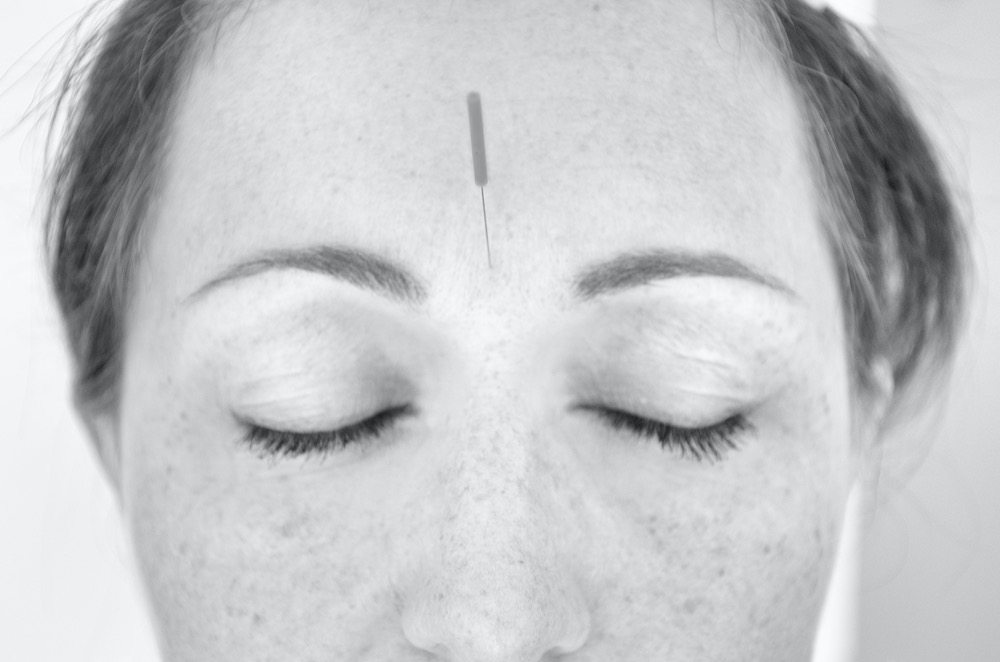
“It is by virtue of the twelve channels that human life exists, that disease arises, that human beings can be treated and illness cured. The twelve channels are where beginners start and masters end.” The Classic of Acupuncture
Circa 1st Century BCE
